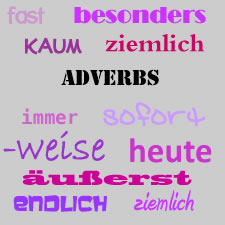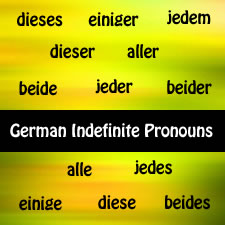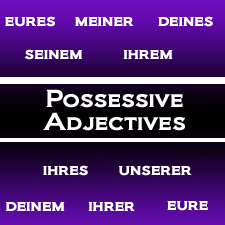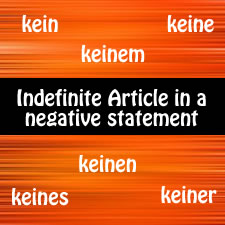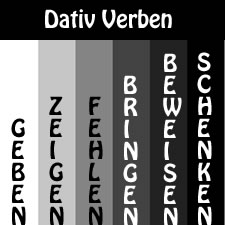German Sayings and the English Equivalent Below is a new table of German sayings translated into English. We have included the literal translation of the saying into English so you can truly understand what is being said. We hope you enjoy these, please add your own in the comments section below. You can also check […]
Read the Full Blog Post





